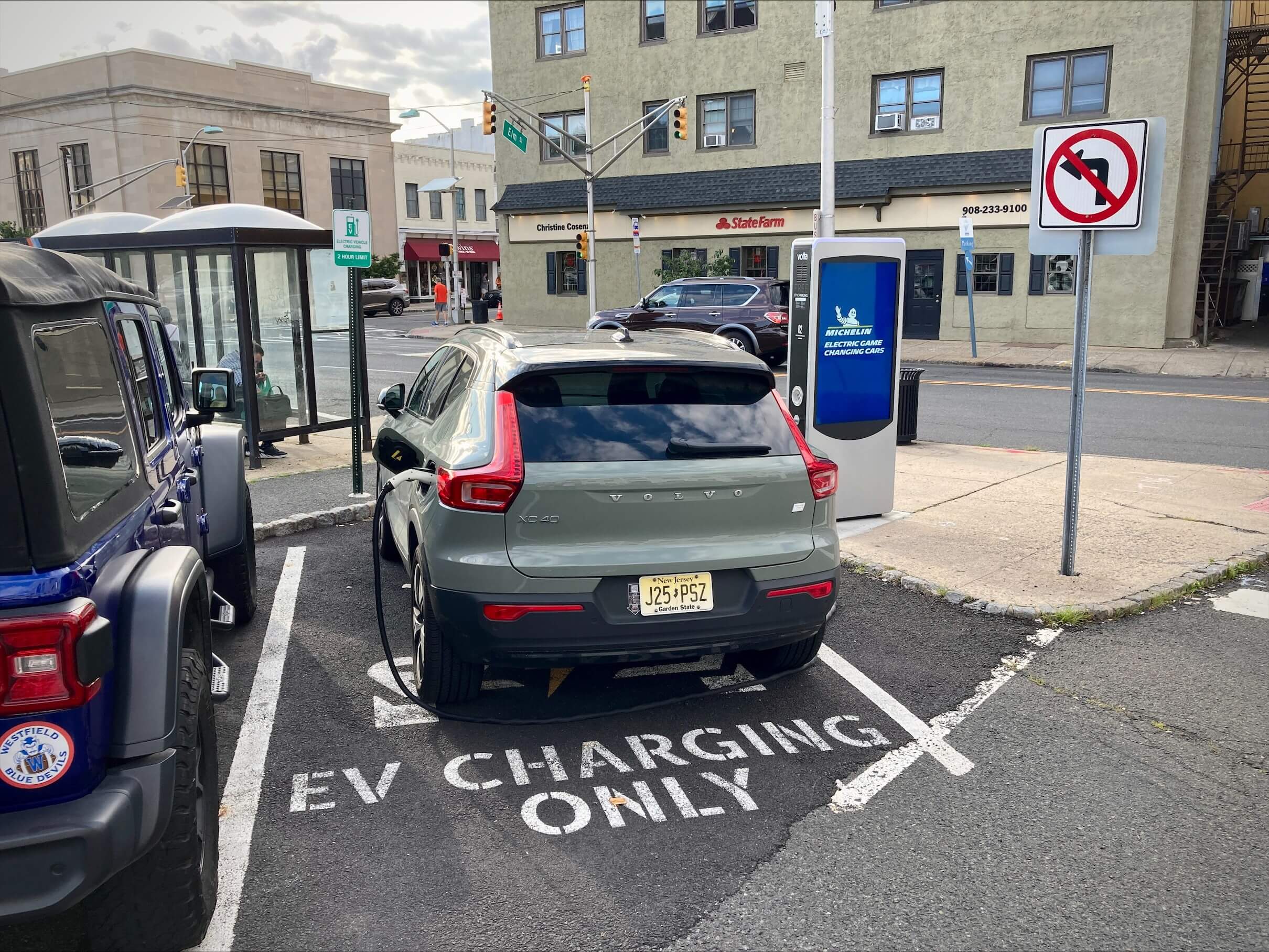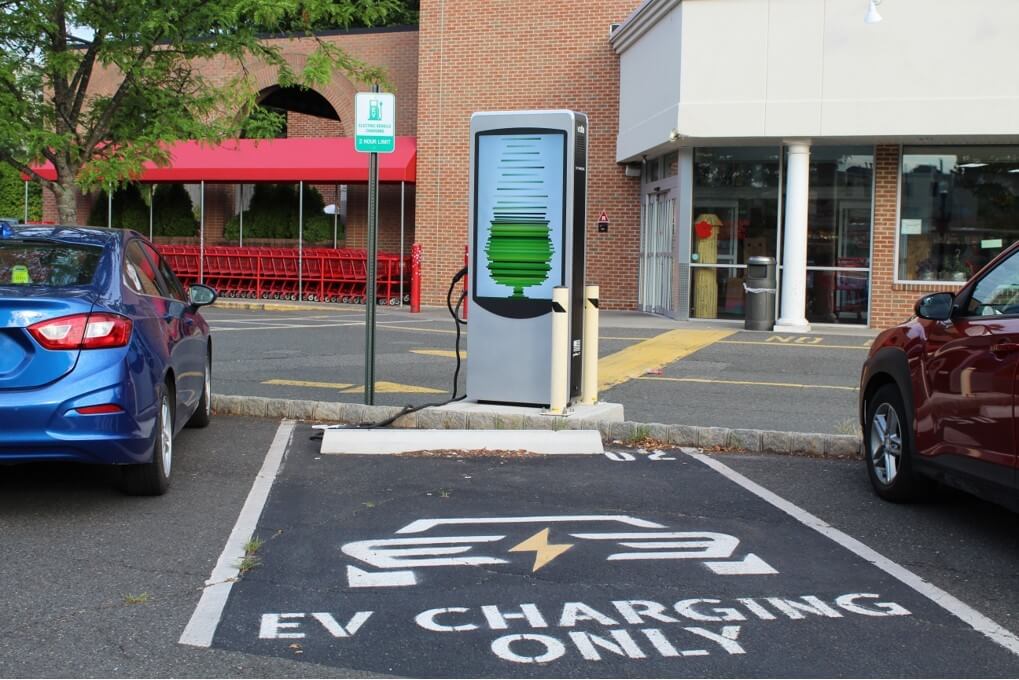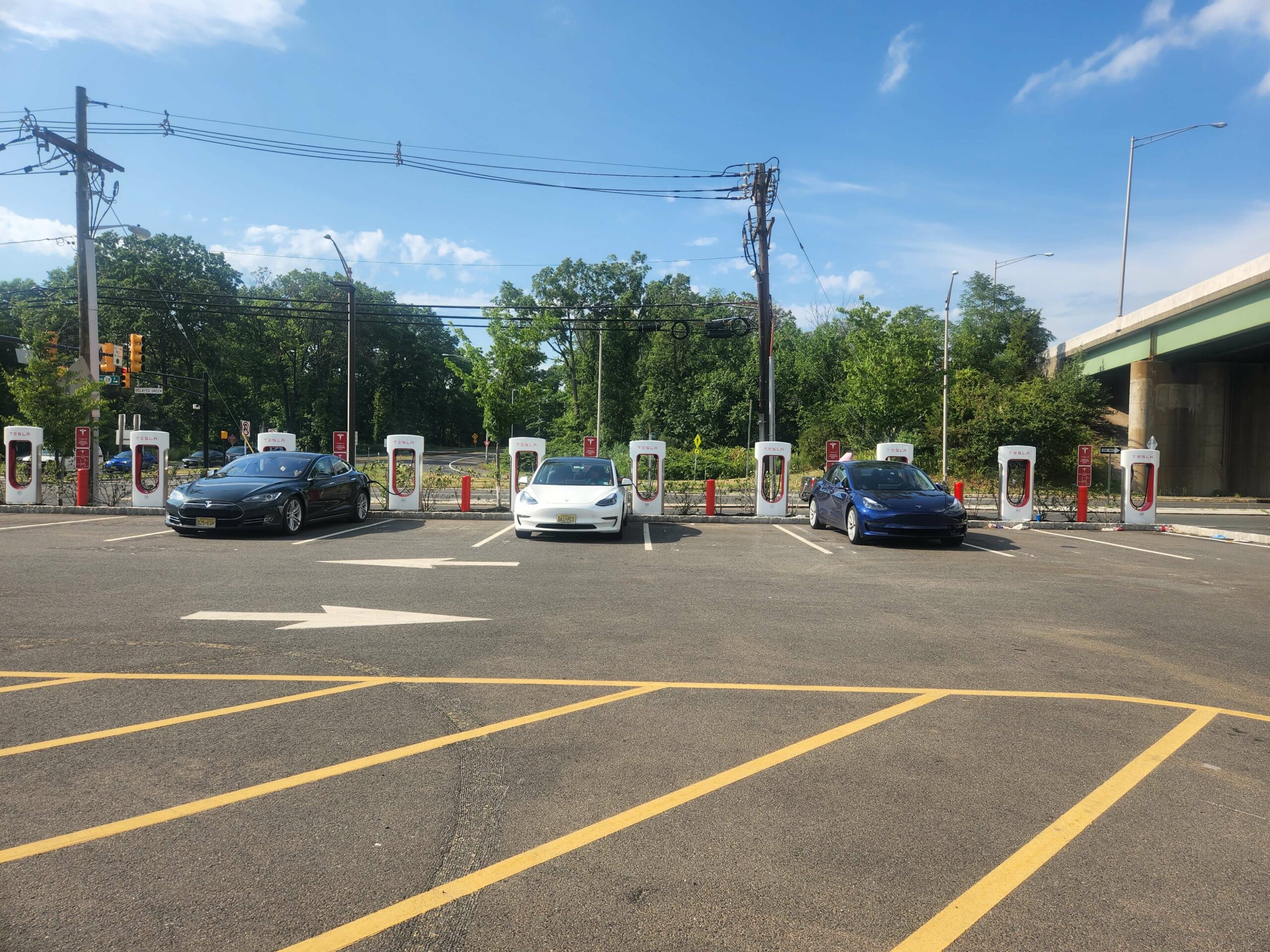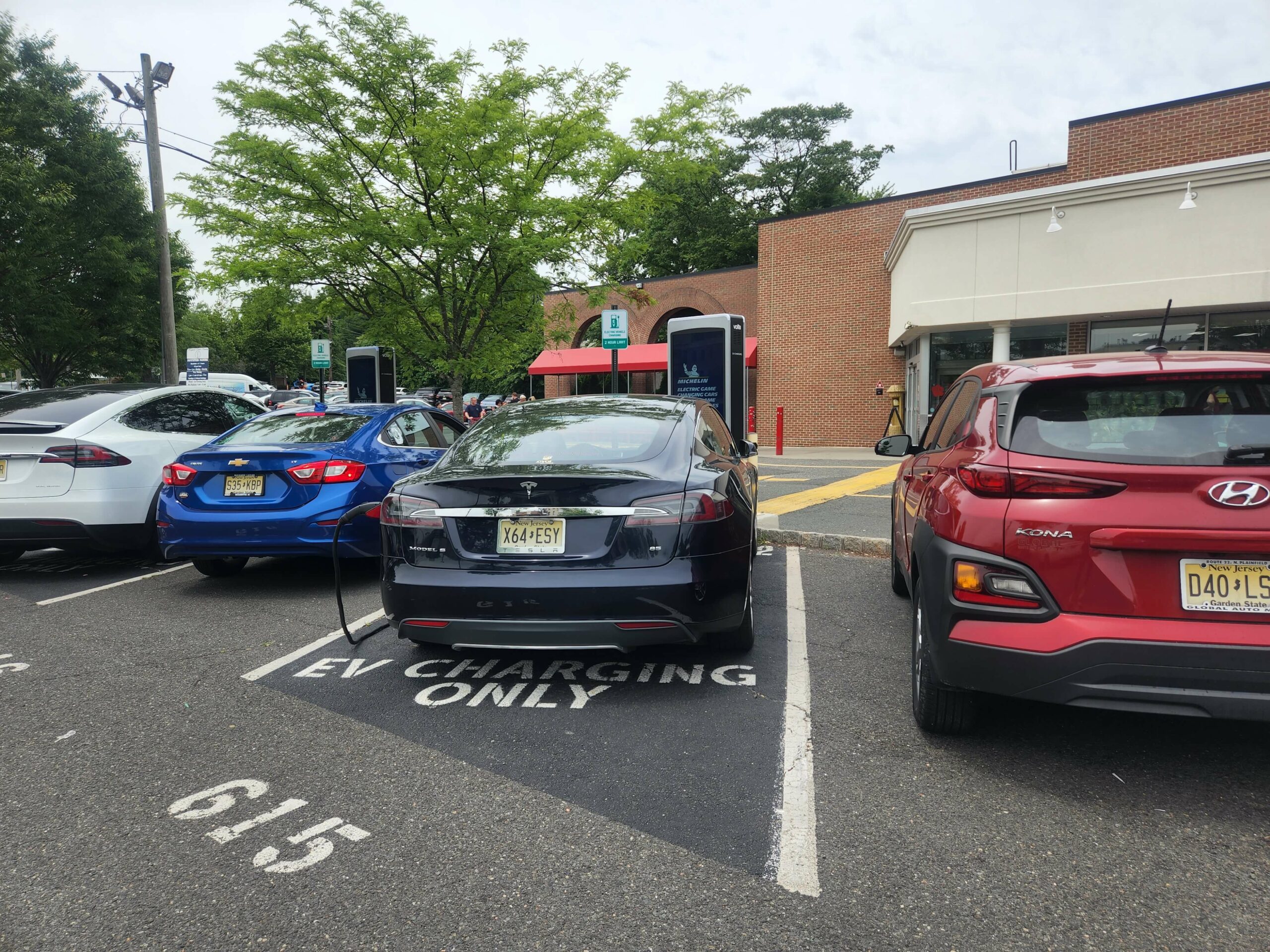



Federal Incentive Programs
If price is the big reason you haven’t bought an electric vehicle yet, there’s great news in 2024. Getting a fat EV tax credit or rebate for buying or leasing an electric vehicle just got a lot easier — and faster. The bad news? Fewer cars and trucks qualify for the credits in 2024.
For 2024, the federal government issued changes to the Program for EV Tax Credit Rules. For information on this update, click here.
The Union County Electric Vehicles Infrastructure Study and new potential locations for Electric Vehicle (EV) Chargers
The increase in EV sales means the charging network in Union County also needs to grow
Statewide increases in EV sales reflect federal and state purchase incentives and more competitive pricing, and this growth is expected to continue. Here in Union County, more are driving EVs and will need additional charging locations that are convenient for residents and the travelling public.
But where should the chargers be placed is the question addressed by this Study. Data and views from the public were collected and analyzed. And the results are discussed in the Final Report and illustrated in the specially prepared Interactive Map. By planning for more locations, Union County will be better positioned as EVs become more affordable and popular.
There are three levels of EV chargers. Level 1 charging is the slowest, least expensive and can run off existing household electrical outlets. Level 2 needs the type of outlet used by refrigerators and other heavy appliances. Level 3 or Direct Current Fast Charging (DCFC) requires a specially built power source. This study focused on publicly accessible Level 2 and Level 3 DCFC chargers.
This study has been funded by the County of Union and the NJTPA

